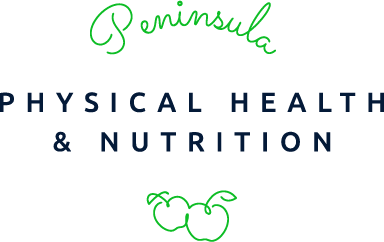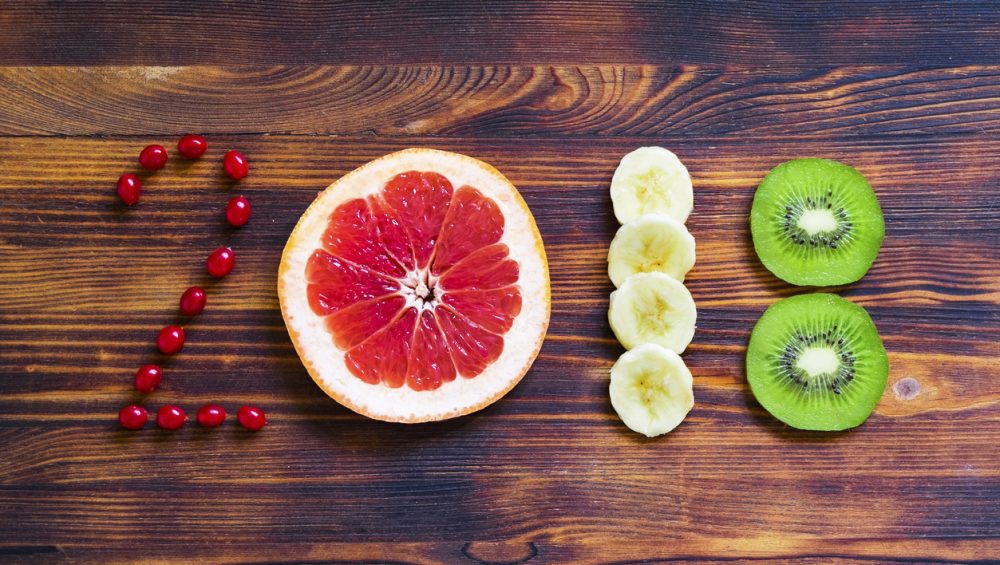Diet trends for 2018
With the new year in full swing, it is no doubt that lots of resolutions have been made to keep healthy, lose weight or try particular diets.
Here, I have compiled a list of the trending diets that are drowning the news cycle, social media, magazines, books – you name it! It’s important to understand the pros, cons and dangers of each fad diet or trend before commencing any of them. I will discuss what to be careful of and how to ensure you will be at your healthiest state throughout the whole year. Remember, science based-evidence guides the practise of dietitians and when it comes to nutrition, your diet and your health, it is always important to seek advise from a university-qualified health professional.
What is trending in 2018?
- Fermented Foods: Foods that are fermented have undergone a process in which natural bacteria feeds on the sugar and starch in a food to assist with preservation. This process creates forms of beneficial enzymes to support the growth of various strains of probiotics within the food. Consuming fermented foods assists with supporting a healthy and varied gut microbiota, promoting benefits In our digestive systems. Recent evidence is suggesting that our gut microbiota plays just as much of a role in our body and our health as our brain. Fermented foods include:
– Yoghurt: always opt for lower sugar versions with a high protein content. Yoghurt is also a source of calcium, protein and phosphorus which means it is vital for optimal bone health.
– Sourdough bread: (also lower GI than regular white bread. Low GI foods help to stabilise our blood sugar levels and therefore regulate our appetite and fat-storing hormones)
– Kombucha: Research is still limited as to the extent of the effect that kombucha has on gut health, however it is still a great alternative to sweetened beverages like soft drinks or cordial.
– Sauerkraut/Kimchi (fermented cabbage): Add a serving into your evening salad for flavour variety. - Healing Powders: In this context, I am referring to powders that are promoted on the market to provide a range of health benefits. You have likely heard about of matcha, macca or turmeric and their large array of proposed health qualities. Unfortunately, their hasn’t been enough research undergone to determine the effects that these powders can have on our health. For example, lets look at turmeric and inflammation. A recent study published in the Journal of Family Practice actually states that there is limited evidence to suggest that consuming turmeric assists with relieving symptoms of rheumatoid arthritis and other joint-related conditions. Perhaps further evidence needs to be undertaken to fully make a proposition. For the mean time, save your money and eat as much real, wholesome food as possible.
- Ketogenic Diets: Ketogenic meal plans refer to diets that are low in calories and carbohydrates. Essentially, the body prefers to burn glucose (broken down carbohydrates) as its primary source of energy, however if we are not consuming large quantities, the body looks for an alternative energy source which is where it finds fat. The by-product of fat breakdown is ketones, which in turn assist in suppressing our appetite. Extensive literature and research has been conducted and has found that ketogenic diets are extremely beneficial for weight loss, the treatment of epilepsy and putting type 2 diabetes into remission. If you are considering trialling a ketogenic diet, it is important to seek advise from your doctor in conjunction with an accredited practising dietitian. For more details on ketogenic diets, head to befitfood.com.au
- Health Bowls: Poke Bowls, Acai Bowls and Smoothie Bowls are the current craze flooding the menu’s of trendy cafes and restaurants all over the world. Whilst there are lots of nutritional benefits of this style of eating, such as fibre, vitamins, minerals, healthy fats and protein in high quantities, it is important to remember that are often served in large portions and may have hidden calories.
Where to watch for excess energy:
– Muesli (particularly the toasted type with honey).
– Large amount of avocado (more than ¼).
– White rice as the base (processed and higher in GI than wholegrain carbohydrates such as brown rice, quinoa, cous-cous or freekeh).
– There may be 2-3 serves of fruit per bowl (equates to the same amount of carbohydrates as 2 slices of bread). - Plant-based Diets: Often plant-based diets are undertaken with a lack of knowledge and preparation. Animal products are avoided in this style of eating, which we know are a main source of protein. Whilst protein can be found in plant-based foods and products, they have to be consumed in much larger quantities and are not as readily absorbed as animal-based products. The same goes for calcium and iron. Lacking in any of these nutrients can pose serious health detriments. If following a plant-based or vegan diet is something you are considering, it is important you gain assistance and guidance from a Dietitian to ensure you are receiving adequate amounts of all macro and micronutrients.
For more information, please do not hesitate to contact a Peninsula Physical Health and Nutrition Dietitian to organise a personalised consultation.





